|
14/8/2023 0 Comments What is Social Anxiety?It is also known as social phobia. It is more than just shyness. It is a mental health condition characterised by an intense fear of social situations and interactions. People with social anxiety often feel overwhelming distress and self-consciousness in social settings, worrying about being judged embarrassed, or humiliated. This anxiety can lead to avoidance of social events, isolation and difficulty forming relationships. Ever heard of stage fright? Well that is a form of social anxiety - some people don't have anxiety related to social situations, but they do have it before chairing a meeting, giving a speech, going on stage, competing in sports, being part of a band. Physical signs and symptoms that can sometimes accompany a social anxiety disorder and may include:
#socialanxiety #stagefright #therapy #tullamore
0 Comments
14/7/2023 0 Comments Energy Follows Thoughts
A friend sent me a link to this song by Willie Nelson and I just love the lyrics. There is a truth about them. That our thoughts influence the energy about us. We all know someone who can bring us down...that is their energy influencing us. So our energy & thoughts influence ourselves.
Ideally by working to change our thoughts we can change our energy. By trying to think more positively we can change our energy and our mental focus. My friend has been working hard to do just this and in the last few weeks she says the change has shifted in her and she notices a change in how others are approaching her. She uses the words 'miraculous lift'. I wish you a 'miraculous lift'. (listen to the song - link below, but here are the lyrics) Energy Follows Thought Willie Nelson Imagine what you want Then get out of the way Remember energy follows thought So be careful what you say Be careful what you ask for Make sure it's really what you want Because your mind is made for thinking And energy follows thought Your mind is in control Even when you do not know And if you let it idle Ain't no telling where it'll go Wherever you are sleeping And your dreams take you away Go on with your dreaming And listen to what they say And if you hear spirits talking Their wisdom can't be bought Apply it to your thinking And energy follows thought #energy #positive #mentalhealth #music #willienelson #energyfollowthoughts #counselling 22/12/2017 0 Comments Christmas - A Time to Mind OurselvesWhile Christmas is known as the season of goodwill spreading cheer and happiness, it also can be one of the most stressful periods in the year. It is really important to take time to look after ourselves. Something as simple as going out into the garden, breathing deeply, even taking an extra 5 minutes in the bathroom to gather your thoughts before going back to join the hubbub can help to destress you, here are some more suggestions:
Some additional suggestions can be found in this article on TheJournal.ie If you still feel events, situations are getting too fraught and you need that extra bit of support, here are some emergency numbers: If you’re feeling low and need to speak to someone, contact:
Mental Health Ireland www.mentalhealthireland.ie have some advice on their website for handling Christmas stresses.
Such an interesting article which opens up some possible positives (?) What do you think?
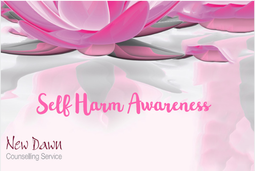 "The phrase “self-harming behavior” may call up images of troubled teenagers with cuts on their arms. But self-injury can occur for people of any age, in children, adolescents and adults, whether male or female. This is not at all a teenage fad! People who self-harm or cut are people who are in pain."..... I'm sharing this very insightful article about Self Harm. If you have any questions regarding the issue please do not hesitate to get in contact with me. Katrina....it continues... "As therapists, one of the important things we notice is the emotional pain — not just the outward expression of it. A trauma-informed approach begins by building trust and safety for the person using self-harming behaviors. We do this by offering the understanding and compassion they need to begin facing the trauma within. What is Self Harming Behaviour?Cutting is the most often recognized form of self-injury. But self-harm comes in many forms. It is any self-injurious behavior that is harmful, that is used as a coping skill. Some specific examples include:
It is important to see self-harm as a kind of meta communication around someone’s emotional pain. The behavior has meaning or value for the person doing it. That meaning or understanding is so important to move toward healing. Why People Use Self Harming BehaviourOn the surface, self-harming behavior may look like a form of self-punishment. It may be, but it also serves as a mechanism for emotional self-regulation for those with unresolved trauma. Survivors of trauma may injure the parts of themselves they feel ‘bad’ about. It’s as if those parts can be ‘punished,’ in an effort to cope with complex negative experiences, such as shame, within themselves....Read More Tuning Into the Overwhelm Beneath the BehaviorAs therapists, we recognize the importance of tuning into the emotional pain of someone who self-harms, rather than the behavior itself. Parents may recognize the need to look deeper at the underlying turmoil. Writer James Hunt describes coming to terms with his son Jude’s self-harming behavior after Jude was diagnosed with autism... Read More Working With the Person Who Self-Harms and With Their Loved OnesTreating self-harm means bringing a compassionate, self-caring attitude to the behavior. The person is using the behavior to cope with anxiety or emotional pain that is outside their window of tolerance of emotions. Physical pain has become their way to calm emotional pain; either overwhelming hyper-arousal or numbing hypo-arousal, which feels unsafe and unstable...... Read More The Importance of Self-Care in Recovery from Self-Harming BehaviorIn therapy, I teach both clients and loved ones about taking care of wounds that happen because of self-injuring behavior. We guide children and adolescents to show injuries to a parent or primary caregiver. We help parents or loved ones support their loved one in treating the injury so it heals well, and to evaluate whether any cuts or wounds needs stitches or other medical care.... Read More Compassion for Parents and Partners of Those who Self-HarmTherapy for self-harming behavior means having a lot of compassion for the parents or partners as well. The parents and loved ones are trying their hardest to help but they don’t always know what to do..... Read More Healing ConversationsIt’s difficult to be compassionate if you don’t yet understand the person’s struggle to manage their emotions. Yet it is possible — and healing — to circle back to an initial reaction that may have temporarily made things worse (e.g., “Are you crazy? What did you DO?”)...... Read More Read the Full Article on A Professional Approach to Treating Self-Harming Behavior: Healing with Self-Care and Compassion By Robyn Brickel, MA, LMFT7/3/2017 0 Comments SupportMaking a change in your life is not always an easy thing to do. It can be little steps, a moment at a time, a day at a time that will get you where you need to be.
17/1/2017 0 Comments Grief Losing someone is one of the hardest experiences we will ever have to go through. The grief we suffer is different for everyone but for one thing; our grief is a sign that we love. I have been asked many questions about grief; how long does it last? Should I feel like this? Am I going mad? Does it ever end? One person has described his grief and I feel many of you will relate to it.
13/1/2017 0 Comments AnxietySometimes I come across an article that so eloquently describes feelings that I've just got to share them. Because, we can't always find those words that can explain how we are feeling. So if you can relate to any of the following, or what is in the article. You are not alone. Anxiety is treatable. You don't have to feel like this for ever.
Anxiety can take a number of forms, here are just a few: PTSD, Social Phobia, Panic Attacks, OCD, Fear, Over Thinking
If you want to talk over anything you have read here or feel you might have, don't hesitate to contact someone. Help is only a phone call or message away. |
AuthorMy name is Katrina Jones, the person behind New Dawn Counselling Service which is situated in Tullamore, Co Offaly. Archives
July 2023
CategoriesAll CBT Christmas General Grief Life Mental Health Self Harm Social Media Video |
Search by typing & pressing enter

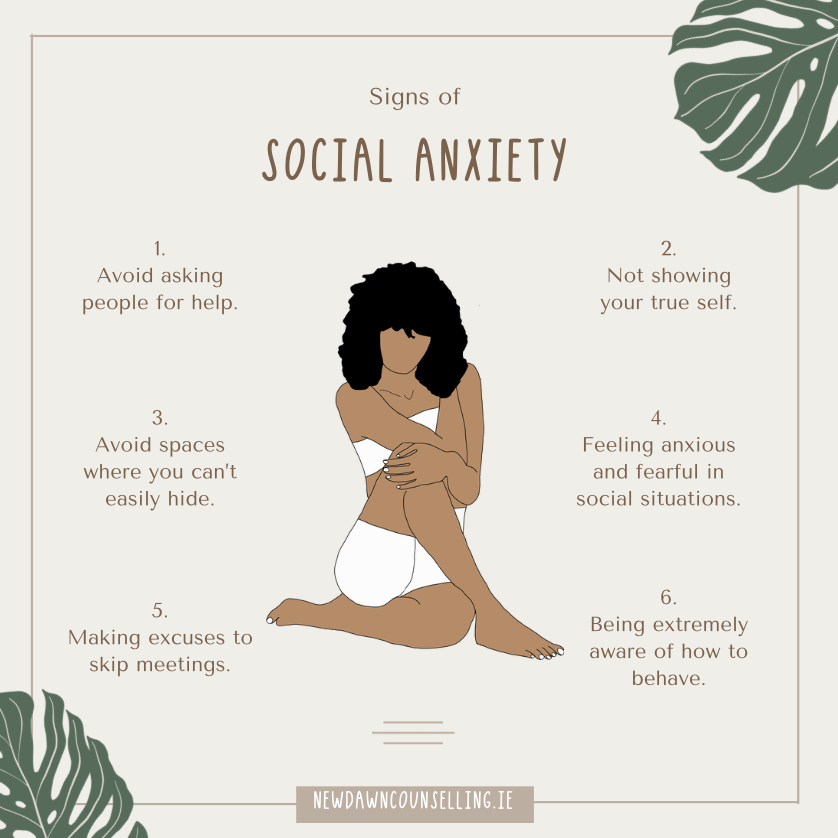



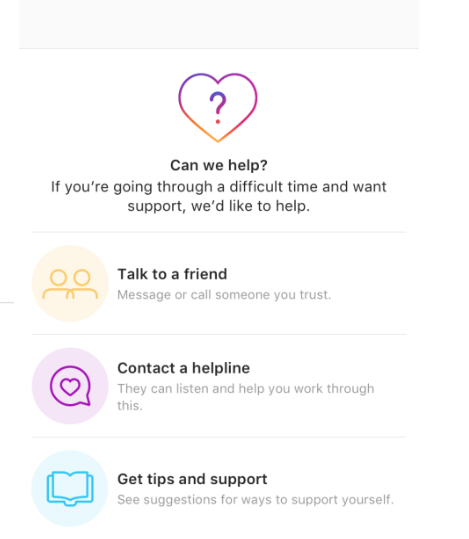
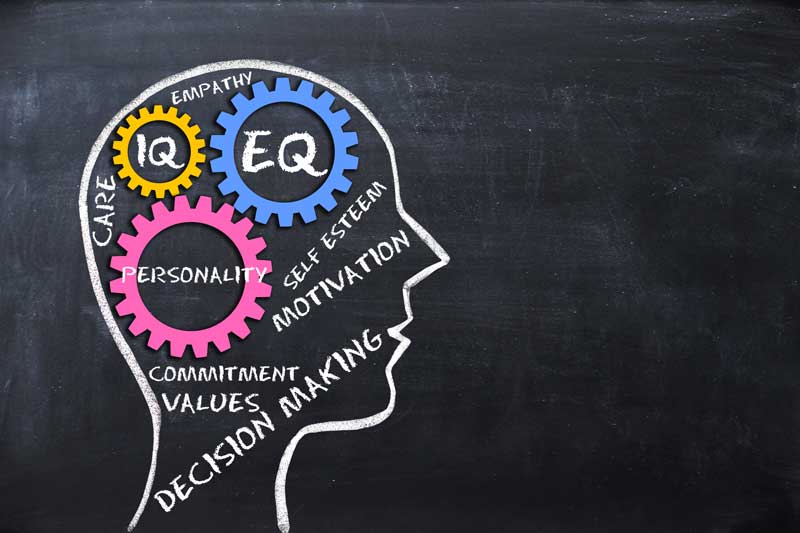
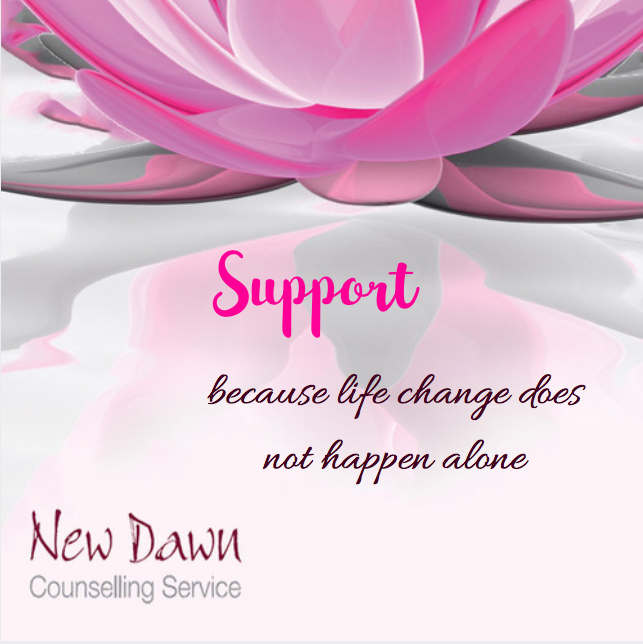

 RSS Feed
RSS Feed